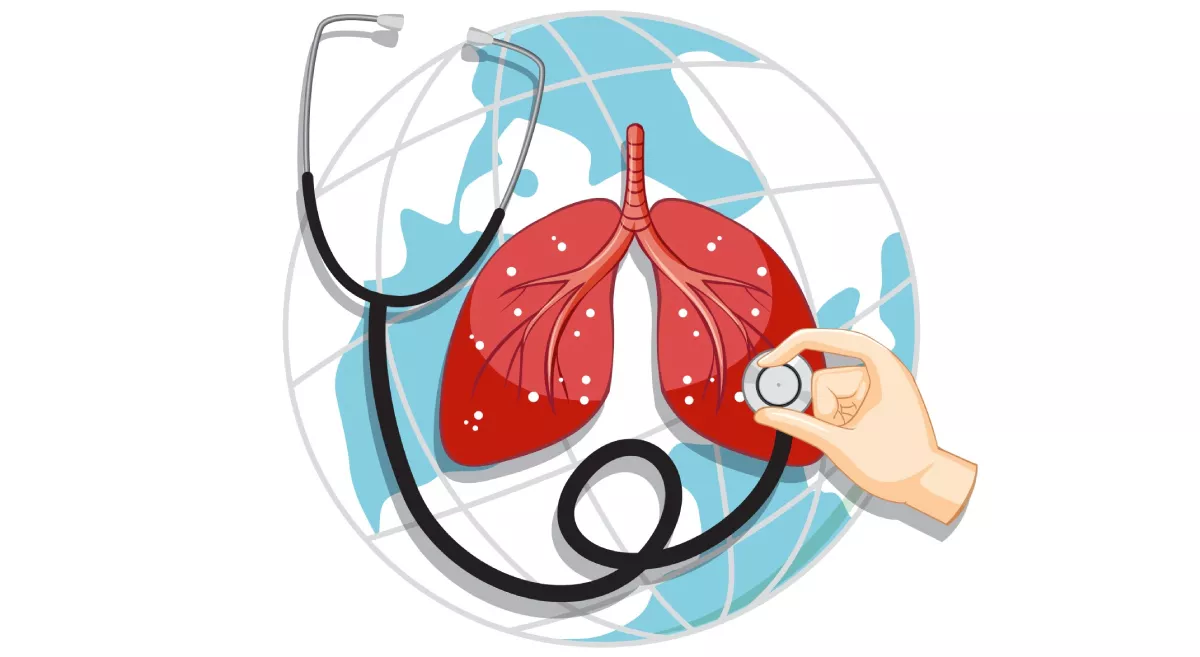It is a condition where there is high blood pressure in the arteries of the lungs. This can lead to the heart having to work harder to pump blood to the lungs, which can cause damage to the heart and lungs over time.
Diagnosis
Pulmonary hypertension usually involves a series of tests, including a physical exam, imaging studies (such as chest X-rays or echocardiography), and other tests such as pulmonary function tests and blood tests to check for underlying causes or other related conditions. Early diagnosis and expert evaluation by experienced Pulmonologists In JP Nagar Bangalore can help ensure timely and accurate identification of the condition.
Management of pulmonary hypertension depends on the underlying cause and the severity of the condition. Treatment options may include medications to reduce blood pressure in the lungs, oxygen therapy, lifestyle modifications such as weight loss and exercise, and surgery in some cases. Comprehensive care provided at a specialized Pulmonology Hospital in JP Nagar Bangalore can play a crucial role in long-term disease management and monitoring.
Lung transplantation may be considered in severe cases of pulmonary hypertension, particularly in cases where other treatments have not been successful. Transplantation may be recommended if the condition is causing severe symptoms, or if there is evidence of irreversible damage to the heart and lungs. However, eligibility for lung transplantation is determined on a case-by-case basis, and involves careful evaluation of the patient's overall health and suitability for surgery.
Causes of pulmonary hypertension
There are several different causes of pulmonary hypertension, which can be broadly classified into five main groups:
Pulmonary arterial hypertension (PAH):
This is the type of pulmonary hypertension where the blood vessels in the lungs become narrowed or blocked, which can increase blood pressure in the pulmonary arteries. PAH can be idiopathic (of unknown cause), or can be associated with other conditions such as connective tissue diseases, congenital heart defects, or chronic liver disease.
Left heart disease:
This refers to conditions that affect the left side of the heart, such as heart failure, valve disease, or congenital heart defects. These conditions can cause increased pressure in the pulmonary veins, which can lead to pulmonary hypertension.
Lung disease and hypoxia:
Certain lung diseases such as chronic obstructive pulmonary disease (COPD), interstitial lung disease, and sleep apnea can cause low levels of oxygen in the blood (hypoxia), which can lead to pulmonary hypertension.
Chronic thromboembolic pulmonary hypertension (CTEPH):
This is a type of pulmonary hypertension that is caused by blood clots in the lungs. CTEPH can be a complication of a pulmonary embolism (a blood clot in the lung), or can occur spontaneously.
Miscellaneous causes:
Other conditions that can cause pulmonary hypertension include blood disorders such as sickle cell disease or thalassemia, HIV infection, and exposure to certain drugs or toxins.
It's important to note that in many cases, the underlying cause of pulmonary hypertension may not be immediately apparent, and a thorough medical evaluation may be necessary to determine the underlying cause.





